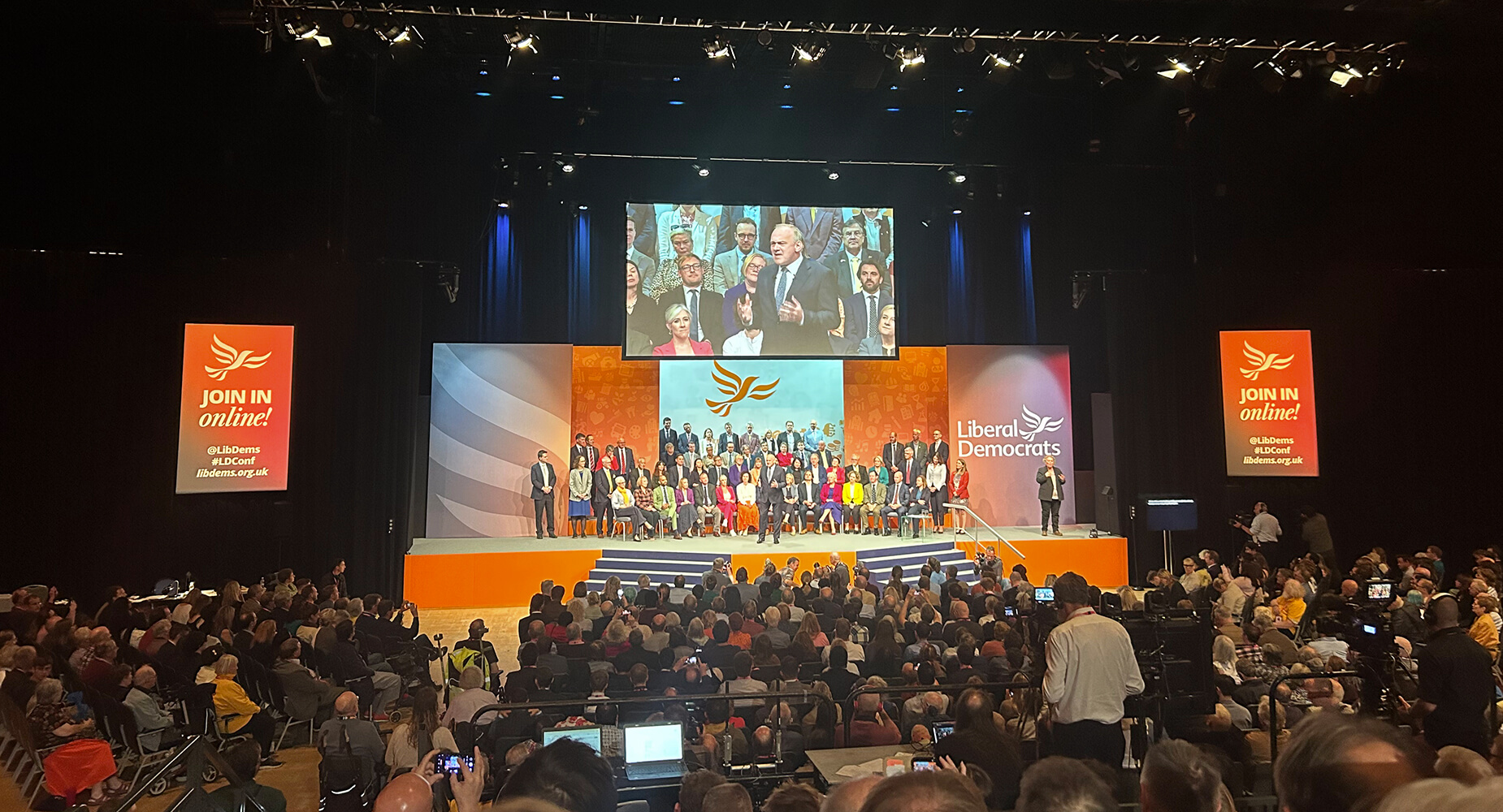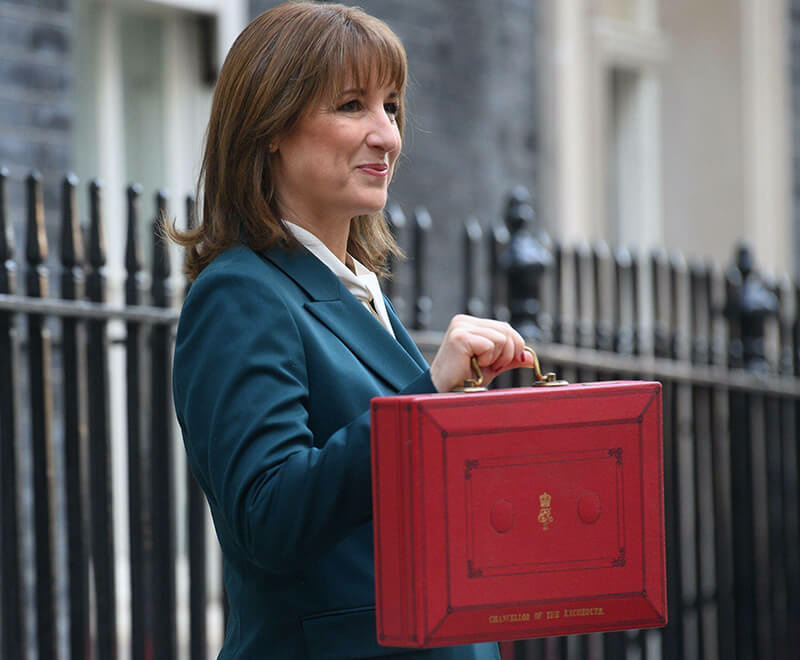Ed Davey’s conference stunts have become something of a ritual, and this year’s was no exception. Leading a marching band along the Bournemouth seafront, he struck the now-familiar balance between good humour and message discipline – upbeat, well-choreographed and determined to show a party on the up.
The Liberal Democrats’ annual gathering was a reminder of a party with momentum, but also one that knows it still has to earn the right to be taken seriously again. For a party that has spent much of the last decade rebuilding from near-extinction, that awareness was ever-present, even amid the optimism.
The atmosphere
Rather than soul-searching, the talk in Bournemouth was about strategy – and how to turn momentum into something lasting. Delegates spoke about new members, strong by-election results and credible prospects for more gains next year. There was optimism, but no triumphalism. The party knows how fragile its progress can be.
There was little of the drama or showmanship seen at other conferences this season. The leadership’s message was steady and disciplined – focused on trust and competence, not grand promises. Policy debates on health, education and housing played out in the usual conference style, but the tone was pragmatic. This is a party trying to project reliability, not radicalism.
Conversations in the hallways and bars backed that up. Delegates spoke of progress in local government, of targeted campaigns in Tory-held seats, and of a sense that their ground game – long the Lib Dems’ quiet strength – is finally paying off again.
Business looks in
Corporate representatives were more visible than in recent years, perhaps sensing that if the Lib Dems secure another dozen seats, they could play a pivotal role in shaping a hung Parliament. The conference hall and fringe sessions were full of policy discussions of direct relevance – energy security, housing supply, the future of AI regulation.
That shift wasn’t accidental. The Lib Dems want to be seen as a serious partner for business – fiscally responsible and open to dialogue. You could see that reflected in who turned up, from regulated industries to green investors, there was a cautious willingness to engage.
Policy without fireworks
On policy, this was a careful conference. The leadership is deliberately keeping its platform broad – setting out direction, not detail. As expected, health and social care remain at the heart of their pitch, alongside commitments to local decision-making and green growth. There’s ambition there, but it’s wrapped in fiscal realism.
Yet on taxation and spending, the details remain thin. The party’s instinct is to avoid over-promising. Where Labour is having to define itself as a government-in-waiting, the Lib Dems are content to refine their brand as responsible and competent.
Eyes on Reform
At last year’s conference, talk was dominated by the so-called “Blue Wall” – the leafy constituencies of the Home Counties and Southwest where the Lib Dems have long seen opportunity against the Conservatives. This year, the target had changed. The Tories were barely mentioned, and instead the real preoccupation was Reform.
In his leader’s speech, Ed Davey referenced Nigel Farage more than 30 times – an extraordinary figure for a party that once defined itself by its opposition to Conservative dominance. It was a clear signal that the Lib Dems see Reform, not the Tories, as the most immediate threat to their potential gains.
The focus on Farage also hinted at something deeper – an understanding that the Lib Dems’ next challenge is cultural as much as electoral. The party’s instinctive liberalism sits in sharp contrast to Reform’s stance, and drawing that distinction is now central to its message.
Even so, there were nods to the changing mood – former leader Tim Farron wrapping himself in a Union flag symbolised a party trying to show patriotism need not belong to the right. Rather than chasing the same voters, the Lib Dems are trying to show that they offer a completely different kind of politics – calm, evidence-led, and unapologetically moderate.
Looking ahead
The Lib Dems left Bournemouth looking and sounding like a party with a plan. Whether they end up shaping policy from inside government or through influence in Parliament, they’ve clearly moved beyond the wilderness years.
For business and campaigners, the message is simple: the Lib Dems are worth talking to again. They may not be making headlines, but they’re rebuilding credibility – and quietly becoming relevant again.



